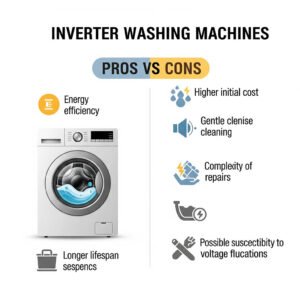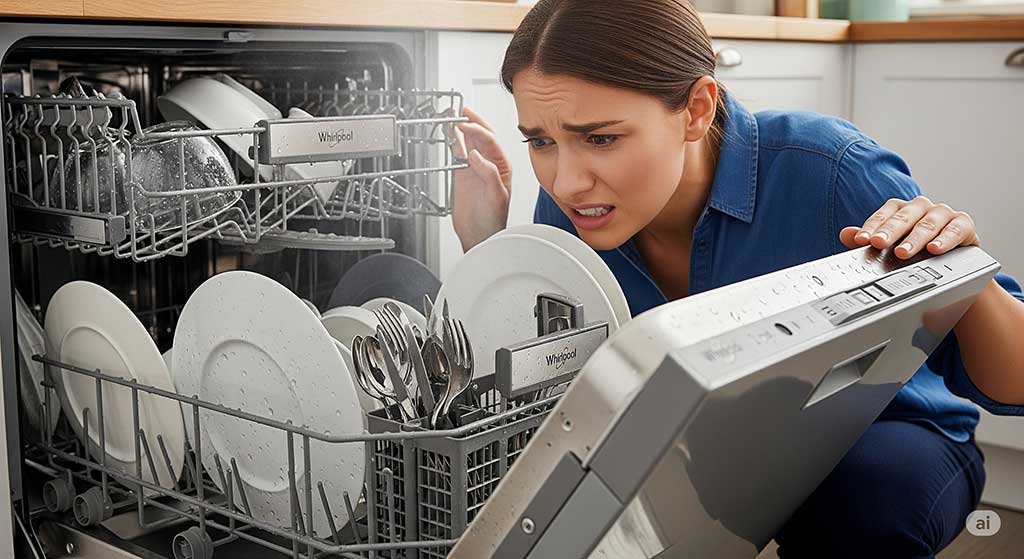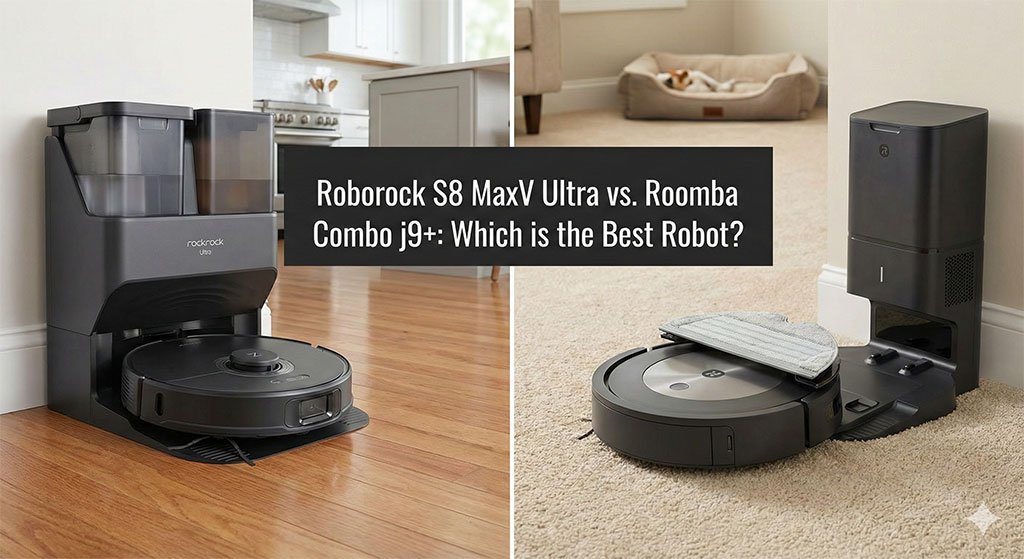Washing machines have become essential home appliances. Among the many types, inverter washing machines are gaining popularity. They offer a modern solution for laundry needs. But what exactly are the pros and cons of inverter washing machines? Let’s explore all aspects of this technology to help you make an informed choice.

Table of Contents
What is an Inverter Washing Machine?
Traditional washing machines use motors that run at a fixed speed. This means they use the same amount of power, regardless of the laundry load. In contrast, an inverter washing machine has a smart inverter motor. This motor can adjust its speed based on the size and weight of your laundry load. It uses sensors to determine the optimal rotation speed for efficient cleaning. This dynamic adjustment is what sets inverter washing machines apart.
Pros of Inverter Washing Machines
Inverter technology brings several notable advantages to your laundry routine.
- Energy Efficiency: This is a major benefit. Inverter washing machines consume less electricity. They adjust motor speed to the load, using only the power needed. This leads to lower electricity bills. For example, a 5-star rated inverter model offers high energy efficiency.
- Quieter Operation: The variable speed motor and often a direct drive system result in significantly less noise and vibration. Unlike conventional motors that have brushes and belts, inverter motors have fewer moving parts. This makes them much quieter, especially during the spin cycle. This is great for homes where noise is a concern.
- Increased Durability and Lifespan: With fewer moving parts and less friction, inverter motors experience less wear and tear. This translates to a longer lifespan for the washing machine itself. Many manufacturers offer longer warranties on inverter motors, often up to 10 years or more.
- Better Wash Performance: The ability to vary motor speed allows for more precise control over drum movements. This means better agitation and tumbling, leading to a more thorough and gentle wash for different fabric types. You get cleaner clothes with less damage.
- Reduced Water Consumption (for some models): While not solely an inverter feature, many inverter models, especially front-loaders, are designed to be more water-efficient. They can detect the load and use only the necessary amount of water.
Cons of Inverter Washing Machines
Despite the advantages, there are some drawbacks to consider.
- Higher Initial Cost: Inverter washing machines generally come with a higher price tag compared to their non-inverter counterparts. The advanced technology and better components contribute to this increased upfront expense.
- Potentially Higher Repair Costs: While more durable, if an inverter motor or its complex control board needs repair, the cost can be higher. Finding specialized technicians for these advanced components might also be a challenge in some areas.
- Complexity: The sophisticated electronics and sensors can be more complex to understand and troubleshoot if issues arise.
Comparison: Inverter vs. Conventional Washing Machine
Here’s a quick look at the key differences:
Feature | Inverter Washing Machine | Conventional Washing Machine |
|---|---|---|
Motor Type | Variable speed (Brushless/DDM) | Fixed speed (Conventional) |
Energy Usage | Lower, adjusts to load | Higher, constant power |
Noise Level | Very quiet | Louder, more vibration |
Durability | Higher, longer lifespan | Lower, more wear and tear |
Wash Quality | More precise, better cleaning | Decent, less customizable |
Initial Cost | Higher | Lower |
Repair Cost | Potentially higher | Generally lower |
FAQ
Do inverter washing machines really save electricity?
Yes, inverter washing machines are designed to save electricity. Their motors adjust speed based on the load, using only the necessary power, unlike conventional machines that always run at full power.
Are inverter washing machines quieter than regular ones?
Absolutely. Inverter washing machines are much quieter due to their brushless motors and fewer moving parts. This reduces friction, vibration, and overall noise during operation.
How long do inverter washing machines typically last?
Inverter washing machines generally have a longer lifespan than conventional models, often lasting 10-15 years or more. This is due to less wear and tear on the motor.
Is the higher price of an inverter washing machine worth it?
For many, the higher initial cost is offset by significant long-term savings on electricity bills, quieter operation, and increased durability. It’s an investment that pays off over time.
Can I use any detergent with an inverter washing machine?
Yes, you can use standard detergents. However, always refer to your washing machine’s manual for specific detergent recommendations, especially for high-efficiency (HE) machines.
Bottom Line
Considering the pros and cons of inverter washing machine, it is clear they offer significant advantages in terms of energy savings, quieter operation, and durability. While the initial cost is higher, the long-term benefits and superior washing performance often make an inverter washing machine a worthwhile investment for modern households.



